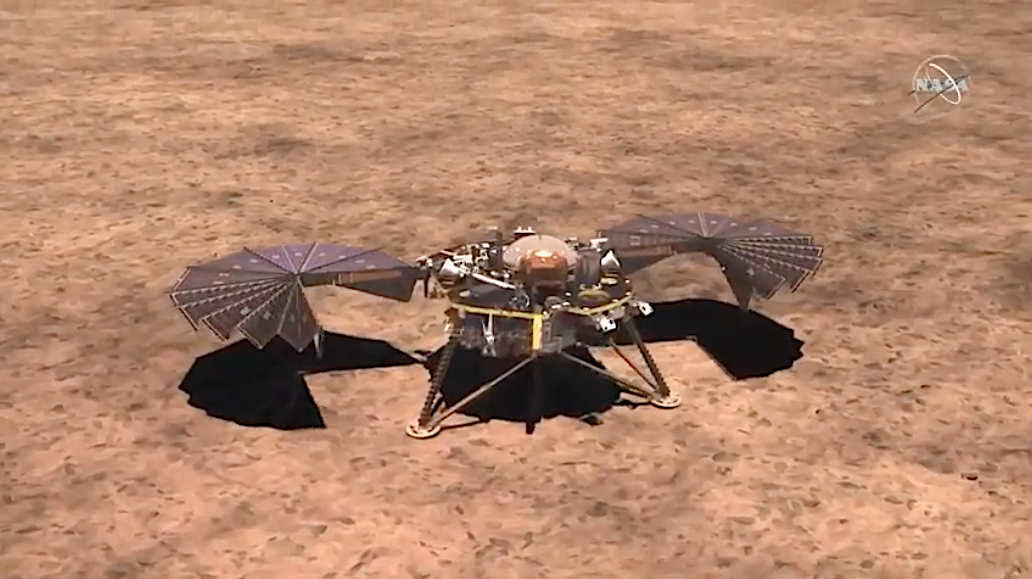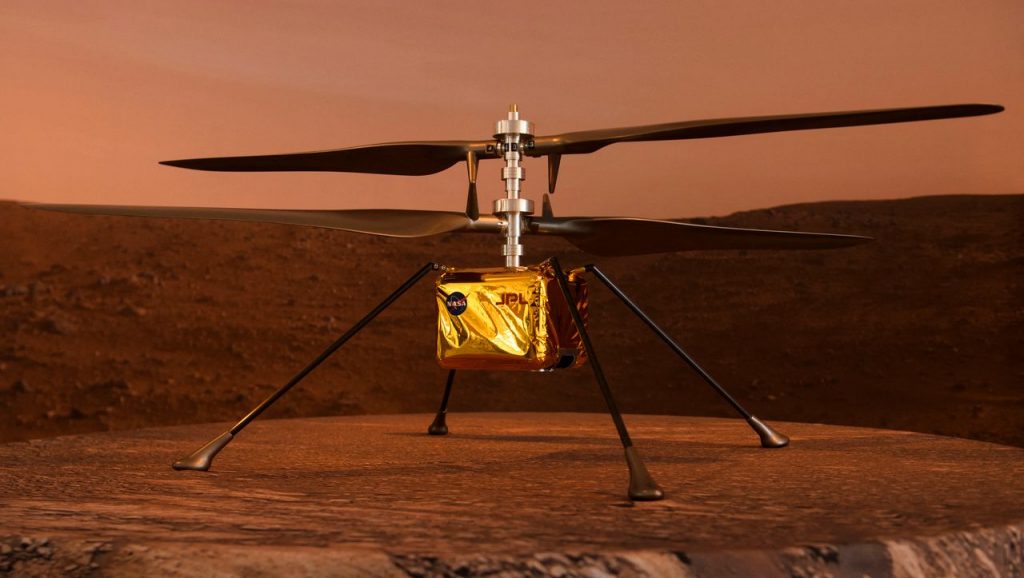

The research project VESTA aims at evaluating possible uses for drones in a human settlement. The X5 MkII, with improved flight capabilities, will be tested during the AMADEE-20 analog mission that will take place in October 2020. The X-5 Drone has been tested by Crew 212 during the LATAM III analog mission at the Mars Desert Research Station (MDRS) in Utah, USA. The main operational scenarios covered by the X-5 are:

The X5 payload is composed of two cameras (one fixed global-shutter camera and one for navigation) and a range of sensors, with the capability to host more mission-specific payloads. In one of its versions, the X5 can be powered by lightweight double-junction solar arrays, that can potentially assure a dawn-sunset flight autonomy. Thanks to its VTOL and automatic flying capabilities, the vehicle can autonomously achieve the mission objectives, performing take-off, hovering and landing maneuvers without the need for direct control from the crew. The main objective of X5 is to demonstrate the reliability and the capabilities of an autonomous solar aerial drone platform for surface surveys on Mars, by performing test demonstrations in analog sites on Earth. The X-5 Drone is an experimental concept for an autonomous aerial platform designed to complement the first human crews on the Martian surface. New platforms are needed to rapidly increase our exploration capabilities if we want to seriously boost the first human missions to the Red Planet. Until now, less than the 1% of the martian surface has been explored in detail. In almost 60 years of exploration of Mars, humankind has tested a wide range of technologies to study its surface, using platforms such as rovers, probes and orbiters: Mars is the planet with the biggest robot population in the solar system. Human exploration will need a reliable platform to cover large areas in a limited time, with the necessary precision and surface analysis capabilities. In extraplanetary exploration, drones could bring both the high precision of surface rovers and the extensive area coverage capabilities of orbital spacecraft.

The DOME Project (Drone Operations for Martian Environment) is a research group, built between universities and companies, which aims at developing new remote and autonomous operated aerial platforms to support operations on the martian surface.Īerial drone platforms have become a cutting-edge asset in a wide range of human operations such as medical, firefighting and military scenarios.


 0 kommentar(er)
0 kommentar(er)
